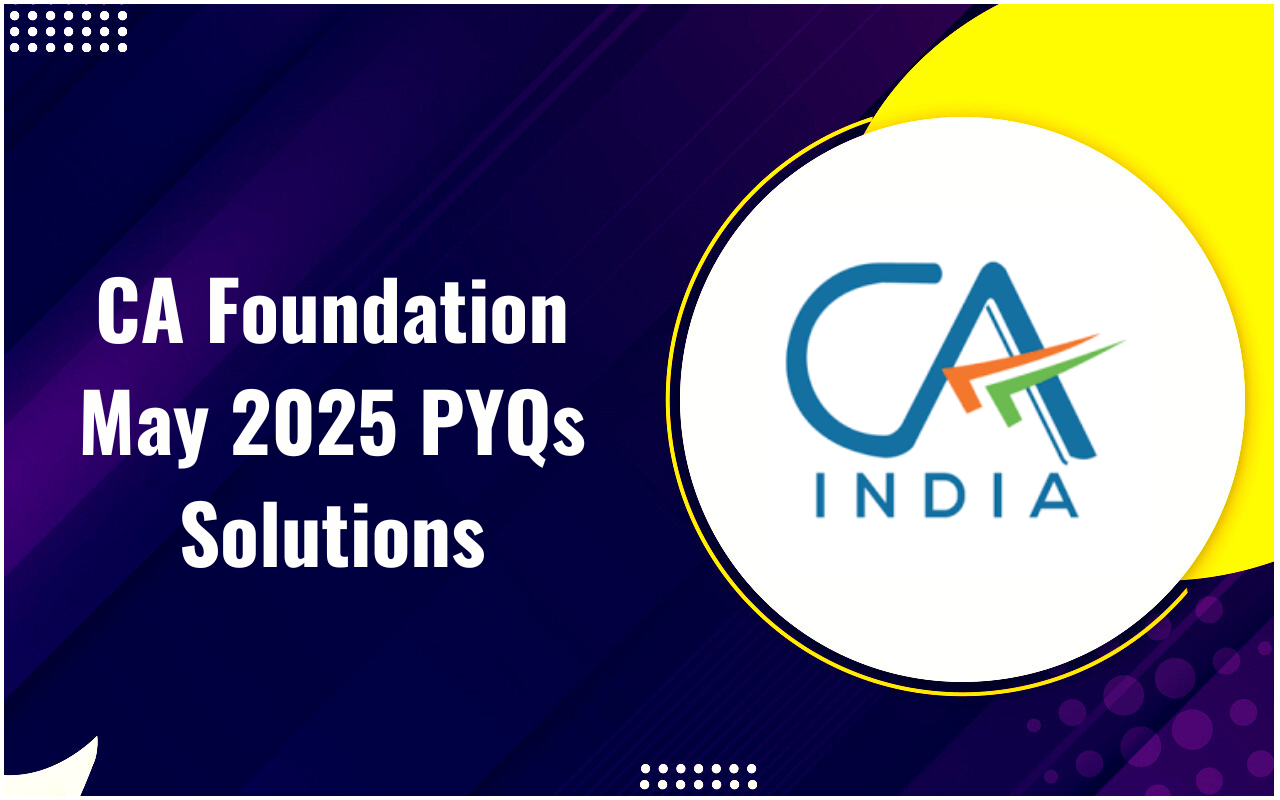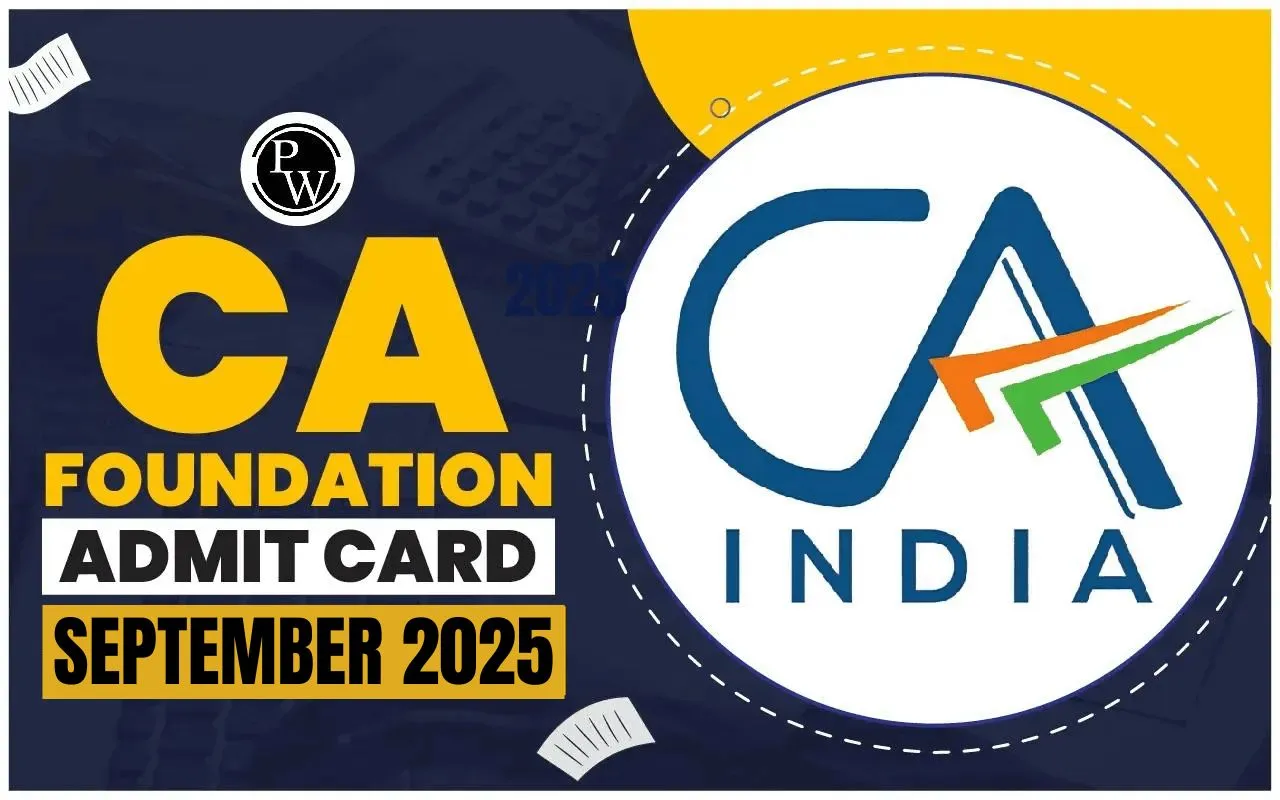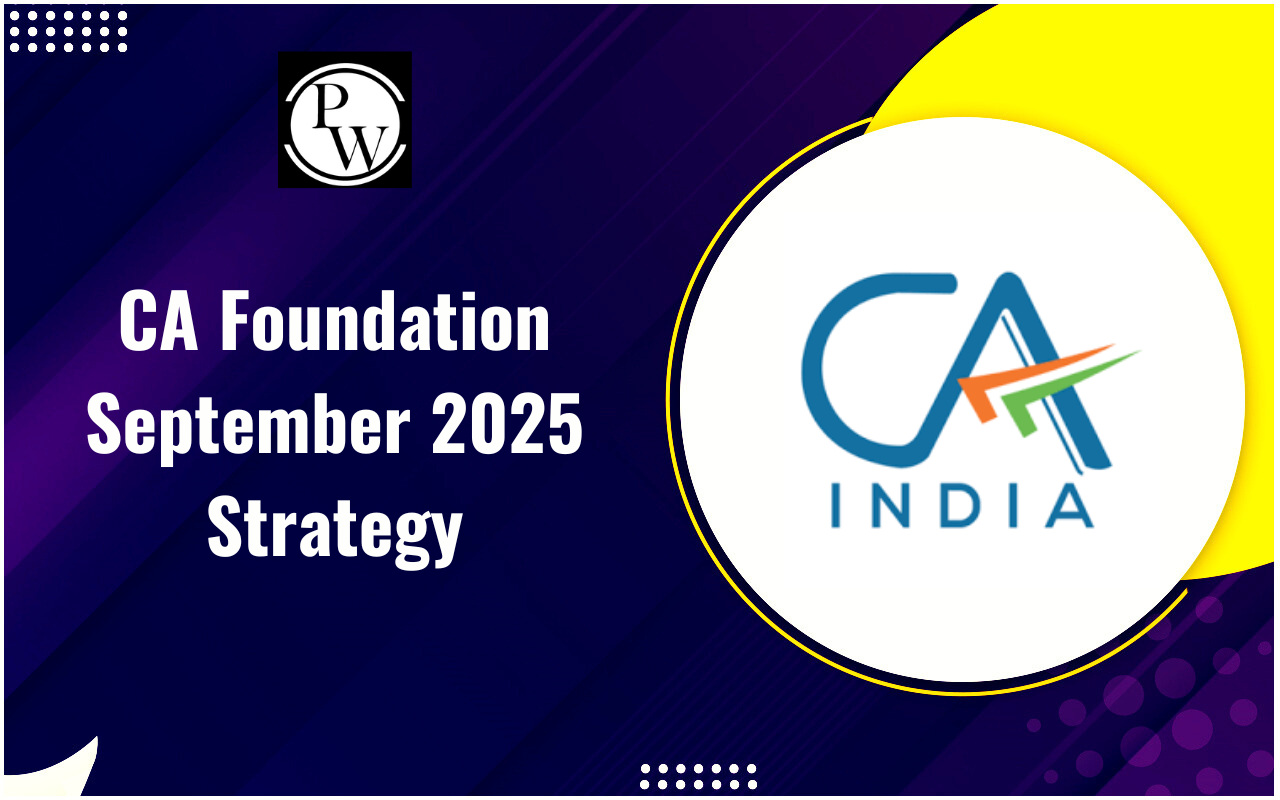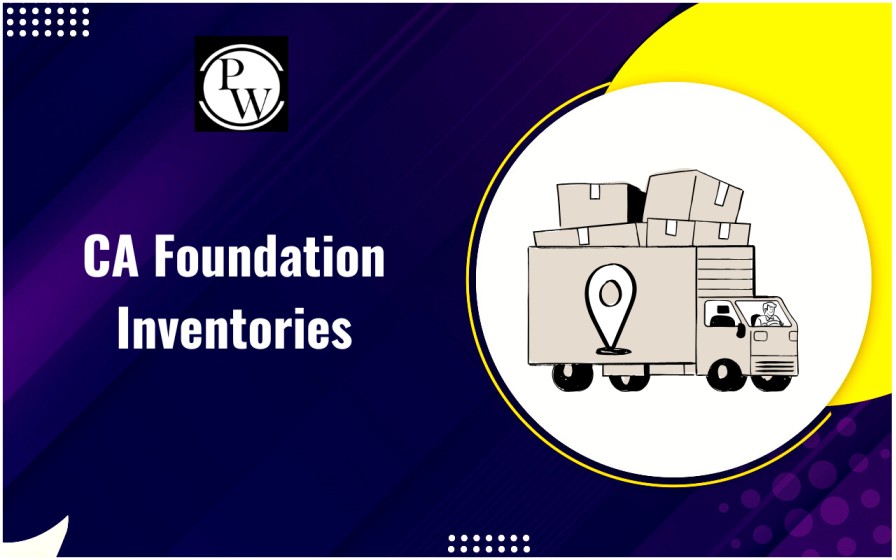

Tax Planning and Management: Tax planning is the act of following the rules set by the Income Tax Act of 1961. It means looking at a person's finances to make the best use of these rules. This isn't about cheating or avoiding taxes. The Income Tax Act of 1961, especially in CHAPTER-VI, has special rules about deductions people can claim. It's important for both individuals and businesses to plan their taxes well. Chartered Accountants (CAs) help in understanding and making the best use of these tax rules. This blog will talk about how CAs help people with Tax Planning and Management.
Tax Planning and Management
Tax planning and management is a critical area of expertise for Chartered Accountants (CAs). CAs play a pivotal role in helping individuals and businesses navigate the complex world of taxation. They employ their knowledge of tax laws and regulations to minimize tax liabilities while ensuring compliance with legal requirements. Tax planning involves strategic decisions, such as choosing the right legal structure, optimizing deductions, and leveraging tax incentives to maximize savings. Additionally, CAs assist clients in managing their tax obligations throughout the year, ensuring that they meet filing deadlines and remain in good standing with tax authorities. Their proficiency in tax planning and management makes them invaluable partners in achieving financial efficiency and minimizing tax-related risks.Types of Tax Planning in India
In India, tax planning can be categorized into different types, each serving a unique purpose:- Long-Term Tax Planning: This is about thinking ahead and planning for the distant future. It helps in setting up financial goals for many years down the line and aligning them with tax-saving strategies.
- Short-Term Tax Planning: This focuses on the immediate future, usually the current financial year. It helps in quick decision-making to save taxes in the short term.
- Permissive Tax Planning: This means making the most of the tax benefits and deductions allowed by law. It's about using the available legal provisions to reduce your tax liability.
- Purposive Tax Planning: This type of planning has a specific objective in mind, like saving for retirement or buying a house. It aligns tax-saving strategies with particular life goals.
Tax Planning, Tax Avoidance, and Tax Evasion
 A Chartered Accountant is more than just a title; they're experts in finance, taxes, law, and management. When it comes to tax planning, they're the best in India. They're like your go-to smart friend who can guide both individuals and businesses. They help in various ways, like getting life insurance medical coverage, investing in trusts, and buying stocks in profitable companies to save on taxes.
India Financial Consultancy provides tax consulting services:
India Financial Consultancy offers tax consulting services. They are among India's top 25 tax planners and chartered accountants. You can count on them for the best income tax consulting services in India. They're experts in helping you with your taxes.
A Chartered Accountant is more than just a title; they're experts in finance, taxes, law, and management. When it comes to tax planning, they're the best in India. They're like your go-to smart friend who can guide both individuals and businesses. They help in various ways, like getting life insurance medical coverage, investing in trusts, and buying stocks in profitable companies to save on taxes.
India Financial Consultancy provides tax consulting services:
India Financial Consultancy offers tax consulting services. They are among India's top 25 tax planners and chartered accountants. You can count on them for the best income tax consulting services in India. They're experts in helping you with your taxes.
CA Tax Planning and Management Areas of Expertise
In the realm of Tax Planning and Management Areas, Chartered Accountants (CAs) in India excel in several key areas:- Auditing and Accounting: CAs play a vital role in maintaining a business's financial records. Accounting covers a wide spectrum, including things like a company's structure and managing its finances. Auditing, on the other hand, is a specialized service where experts independently examine a company's financial records to ensure they comply with accepted accounting principles.
- Management Advisory Services: Our world is ever-changing, with various challenges like legal, economic, political, and social factors. Businesses need to adapt and refine their processes continually. For this, they need individuals with the expertise to foresee future changes in their operations. Chartered Accountants serve as valuable assets, possessing the necessary skills to enhance business processes bridging the gap between a company's current state and its future prospects.
- Fair Valuation of Assets and Liabilities: Chartered Accountants are well-versed in adhering to Accounting Standards and Indian Accounting Standards set by the ICAI (Institute of Chartered Accountants of India). They are equipped with the practical skills to apply this knowledge not just in their exams but also in real-life scenarios. Specifically, Chartered Accountants are familiar with Ind AS - 113, which deals with the fair valuation of a company's assets and liabilities. This expertise allows them to help in accurately assessing the value of these assets and liabilities.
- Companies, LLPs, and Business Registration: Before they practice, Chartered Accountants dive deep into concepts related to various acts like the Companies Act 2013, LLP Act 2008, and Partnership Act 1932. With this knowledge, they can guide and assist individuals or businesses looking to register under these acts, ensuring compliance with all the regulations. If you need expert advice on how to meet the requirements of these acts, a Chartered Accountant is the ideal choice.
- Fraud Investigation and Due Diligence: Due diligence isn't just a fancy term; it's vital for various business changes. When companies undergo internal restructuring, like mergers or acquisitions, or collaborate with other entities, they must plan carefully. That's where due diligence comes in. It's a thorough examination to determine if merging or acquiring a business unit is both possible and beneficial. When it comes to investigating fraud, Chartered Accountants adhere to standards such as Auditing Standard-240. They play a crucial role in creating effective strategies to deal with fraud.
- Supporting Start-ups in their Growth: Since the concept of start-ups emerged in India, the Finance Ministry has introduced regulations to provide insight into the startup world. The regulations are regularly updated to ensure smooth operations for start-ups. This is where Chartered Accountants come in. They stay updated on these regulations and help start-ups by preparing financial projections, making it easier for them to secure funding from banks and investors. CAs assist in market research, legal compliance, and strategic planning, guiding start-ups in their journey.
- Society and Trust Registrations in India: When it comes to setting up a trust or society, a Chartered Accountant plays a crucial role. Their signature, along with other officials, is required for the registration process. CAs also help in ensuring that all the necessary norms and regulations are followed to facilitate the registration of these social organizations.
- Compliance with GST Rules and Regulations: With the advent of the Goods and Services Tax (GST), Chartered Accountants have become pivotal players. They are essential for businesses of all sizes to navigate the complexities of GST. This includes tasks like business registration, invoicing, return filing, rectifying mismatched returns, claiming input credits, and understanding the day-to-day workings of the GST system. In essence, Chartered Accountants are indispensable for businesses to stay GST-compliant.
- Trademark Registration: A trademark is a valuable asset for any business. It sets your products or services apart from others and helps build goodwill. Chartered Accountants offer guidance and support for trademark registration in various ways, such as defining trademark assets, creating a visual representation, protecting against infringement, conducting trademark searches, selecting the right trademark class, ensuring validity, and using trademark symbols. They help safeguard your brand identity.
-
Income Tax Filings:
Chartered Accountants are like tax wizards. They know the ins and outs of tax laws, both for people and businesses. They help you:
- Prepare and file your income tax returns.
- Solve any tax-related issues you might face.
- Review your financial and legal situation to help you pay the least amount of taxes legally possible.
- Represent you when you're dealing with the tax authorities.
Tax Planning and Management Strategies for Chartered Accountants
Tax planning and management are crucial aspects of financial management for individuals and businesses alike. Chartered Accountants (CAs) play a pivotal role in helping clients navigate the complex world of taxation. In this blog, we will delve into the key strategies that CAs can employ for effective tax planning and management.- Stay Informed: Tax laws are a constantly shifting landscape. As a CA, staying abreast of the latest tax regulations, amendments, and court rulings is paramount. This knowledge forms the bedrock of effective tax planning. It involves continuous learning and rigorous updates, as tax laws can change due to new government policies, court decisions, and economic conditions. Staying informed often entails participating in professional development programs, attending tax seminars, and subscribing to tax law publications. CAs need to maintain a meticulous awareness of the ever-evolving tax code to provide accurate and up-to-date advice to clients.
- Understand Your Client's Goals: Effective tax planning begins by understanding the financial goals and objectives of your clients. Are they looking to minimize tax liability, maximize refunds, or strike a balance between the two? Knowing your client's financial objectives is the first step in crafting a tailored tax strategy.
- Optimize Tax Deductions: CAs can help clients make the most of available deductions. This includes exploring all eligible deductions, such as business expenses, tax credits, and deductions for specific investments. Maximizing deductions can significantly reduce a client's taxable income.
- Strategic Investments: CAs can advise clients on tax-efficient investment strategies. This may involve suggesting tax-advantaged accounts like IRAs or 401(k)s, which can help clients save on taxes while securing their financial future.
- Timing is Everything: Tax planning is also about timing. CAs can guide clients on when to realize capital gains or losses, when to make deductible expenditures, and when to defer income to optimize tax outcomes.
- Business Structure Optimization: For business clients, choosing the right legal structure can impact tax liability significantly. CAs can provide advice on whether to operate as a sole proprietor, partnership, LLC, or corporation, considering both short-term and long-term tax implications.
- Compliance and Reporting: Staying compliant with tax laws is crucial. CAs ensure that their clients meet all filing deadlines and complete their tax returns accurately to avoid penalties or legal issues.
- Tax Credits and Incentives: CAs should be well-versed in various tax credits and incentives that clients can benefit from. This may include research and development credits, energy-saving incentives, and more.
- Estate Planning: CAs can assist clients in developing effective estate plans to minimize estate taxes and facilitate the smooth transfer of assets to beneficiaries.
- Continuous Communication: Effective tax planning is not a one-time event; it's an ongoing process. CAs should maintain regular communication with their clients to adapt tax strategies as circumstances change.
Tax Planning and Management FAQs
What does a Chartered Accountant do in tax planning?
Chartered Accountants (CAs) help people follow tax rules, including something called TDS. They don't just file TDS returns but also provide various TDS-related services. For more detailed information on the Tax Planning and Management for Chartered Accountants, check the above article.
What are tax planning and management?
Tax planning means finding ways to reduce the amount of tax you need to pay by using legal strategies. Tax management is about making smart decisions to pay less tax every year. For more detailed information on the Tax Planning and Management for Chartered Accountants, check the above article.
What are some types of tax planning?
Tax planning includes things like spreading your investments using savings plans like PPF, NPS, or Sukanya Samriddhi Yojna. It also involves claiming deductions for expenses like home loans or medical insurance to reduce your overall tax. For more detailed information on the Tax Planning and Management for Chartered Accountants, check the above article.
Why is tax planning important?
Tax planning helps you save money, increase your cash, and reach your financial goals by legally paying less tax. It's a way to make your financial life better. For more detailed information on the Tax Planning and Management for Chartered Accountants, check the above article.
What are the goals of tax planning?
The main goal of tax planning is to use your money wisely so that you can save on taxes. It's about making smart choices to pay less tax and have more money for things that matter. For more detailed information on the Tax Planning and Management for Chartered Accountants, check the above article.
Talk to a counsellorHave doubts? Our support team will be happy to assist you!

Free Learning Resources
PW Books
Notes (Class 10-12)
PW Study Materials
Notes (Class 6-9)
Ncert Solutions
Govt Exams
Class 6th to 12th Online Courses
Govt Job Exams Courses
UPSC Coaching
Defence Exam Coaching
Gate Exam Coaching
Other Exams
Know about Physics Wallah
Physics Wallah is an Indian edtech platform that provides accessible & comprehensive learning experiences to students from Class 6th to postgraduate level. We also provide extensive NCERT solutions, sample paper, NEET, JEE Mains, BITSAT previous year papers & more such resources to students. Physics Wallah also caters to over 3.5 million registered students and over 78 lakh+ Youtube subscribers with 4.8 rating on its app.
We Stand Out because
We provide students with intensive courses with India’s qualified & experienced faculties & mentors. PW strives to make the learning experience comprehensive and accessible for students of all sections of society. We believe in empowering every single student who couldn't dream of a good career in engineering and medical field earlier.
Our Key Focus Areas
Physics Wallah's main focus is to make the learning experience as economical as possible for all students. With our affordable courses like Lakshya, Udaan and Arjuna and many others, we have been able to provide a platform for lakhs of aspirants. From providing Chemistry, Maths, Physics formula to giving e-books of eminent authors like RD Sharma, RS Aggarwal and Lakhmir Singh, PW focuses on every single student's need for preparation.
What Makes Us Different
Physics Wallah strives to develop a comprehensive pedagogical structure for students, where they get a state-of-the-art learning experience with study material and resources. Apart from catering students preparing for JEE Mains and NEET, PW also provides study material for each state board like Uttar Pradesh, Bihar, and others
Copyright © 2025 Physicswallah Limited All rights reserved.











